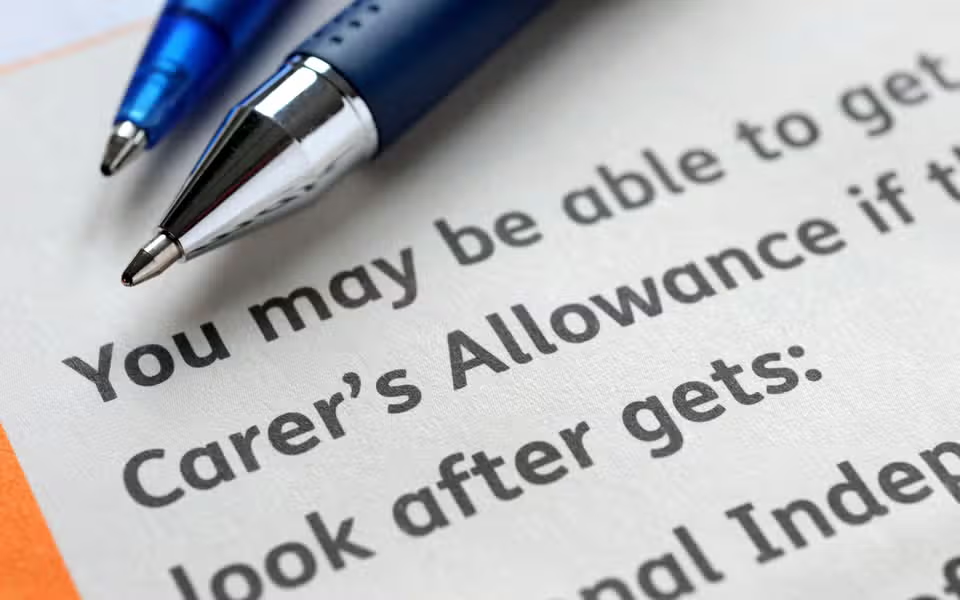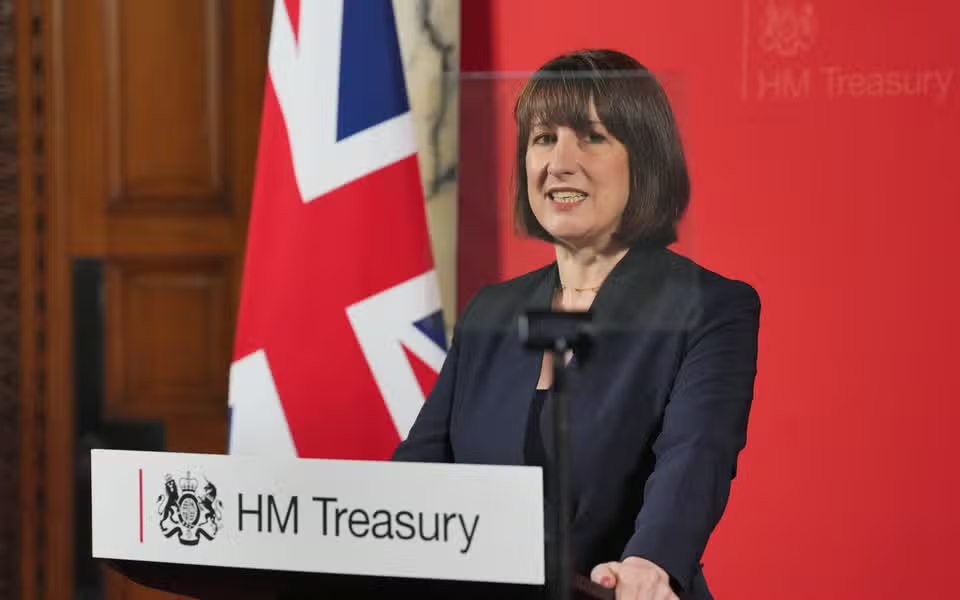The government has offered junior doctors in England a 22.3% pay rise to end strike action.
The British Medical Association's (BMA) junior doctors committee has agreed to put the offer to its members, and if it is accepted it will end months of walkouts over pay.
The pay rise offer will take place over two years, according to The Times.
It constitutes a pay rise of between 8.1% and 10.3% as well as a backdated 4.05% increase for 2023-24.
That is on top of a 6% pay rise for 2024-2025, topped up by a £1,000 payment - an equivalent to a pay rise of between 7% and 9%.
Chancellor Rachel Reeves will announce the pay rises this afternoon when she makes a major speech about spending cuts to plug what she says is a "£20bn black hole" inherited from the Conservative government.
Junior doctors had been pushing for a 35% pay rise to make up for what they say is 15 years of below inflation salary increases.
The prime minister's spokesman said the government was "committed to working to find a solution".
"We've been honest with the public and the sector about the economic circumstances we face," he added.
"But the government is determined to do the hard work necessary to finally bring these strikes to an end."
The official added the industrial action has been "hugely damaging both to patients and to the impact on the waiting lists and we've said we're committed to finding a solution and resolving this dispute."
The cost of cancelled operations and appointments due to strike action over the past year and a half years has cost the NHS in England an estimated £3bn.
Vicky Pryce, chief economic adviser to the Centre for Economic and Business Research, told Sky News the government "probably can" afford a 22.3% pay hike for junior doctors as it is less than the 35% increase they have been demanding which was estimated at costing between £1bn and £2bn.
"If you look at the cost to the NHS and basically to taxpayers on all those appointments that didn't happen since December 2022, that has been added up to around £3bn anyway," she said.
"So we're much better off paying than having anything similar, sort of continuing, you know, over the next year or two. So, yes, we can afford it."
Junior doctors last went on strike on the day of the election, on 4 July, after independent arbitration they had agreed would take place in May with the last government was scrapped when the election was called.
Last year, the BMA walked out of talks with the Conservative government in which an extra 3% pay rise on top of an average 9% increase for 2022-23 was discussed.
Junior doctors are any doctor below consultant level, and make up nearly half of the NHS' medical workforce so strike days have caused major disruption.
This breaking news story is being updated and more details will be published shortly.
Please refresh the page for the fullest version.
You can receive Breaking News alerts on a smartphone or tablet via the Sky News App. You can also follow @SkyNews on X or subscribe to our YouTube channel to keep up with the latest news.
Disclaimer: The copyright of this article belongs to the original author. Reposting this article is solely for the purpose of information dissemination and does not constitute any investment advice. If there is any infringement, please contact us immediately. We will make corrections or deletions as necessary. Thank you.



